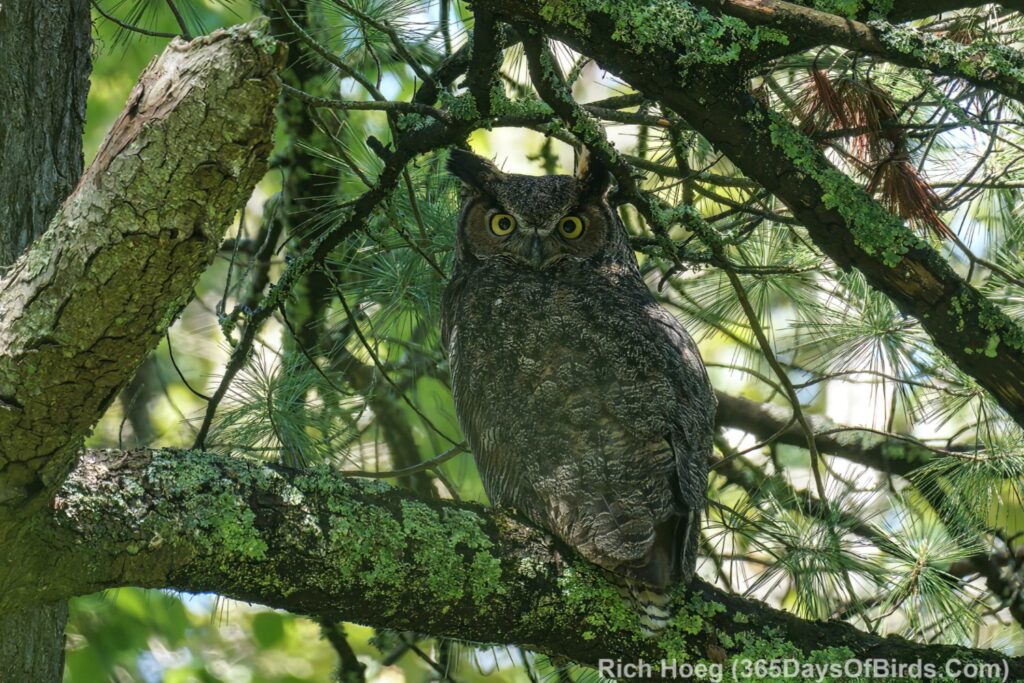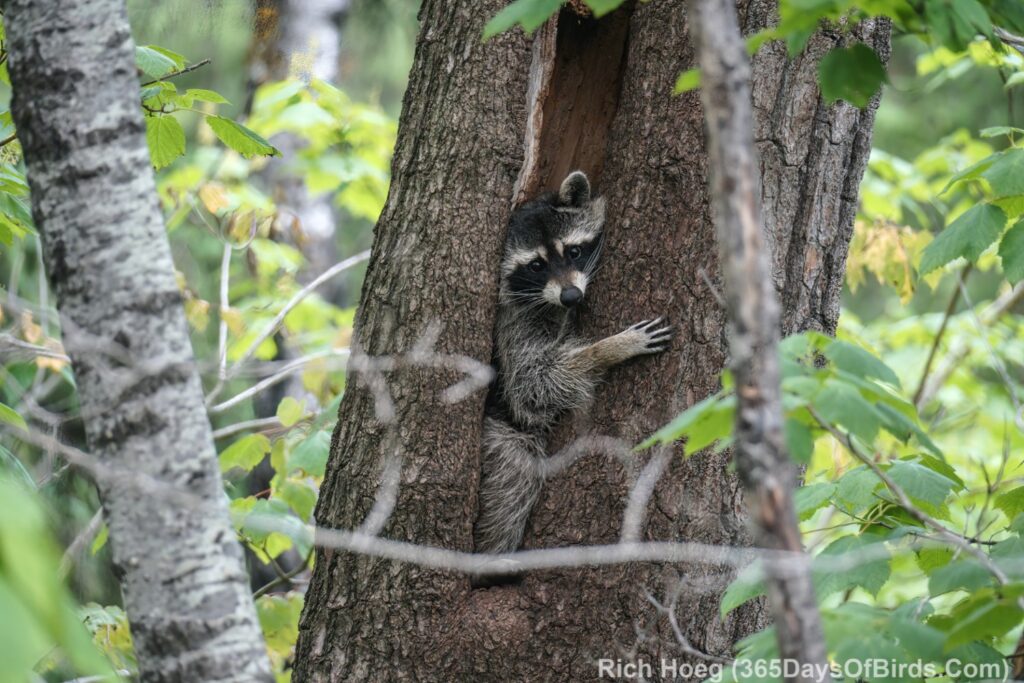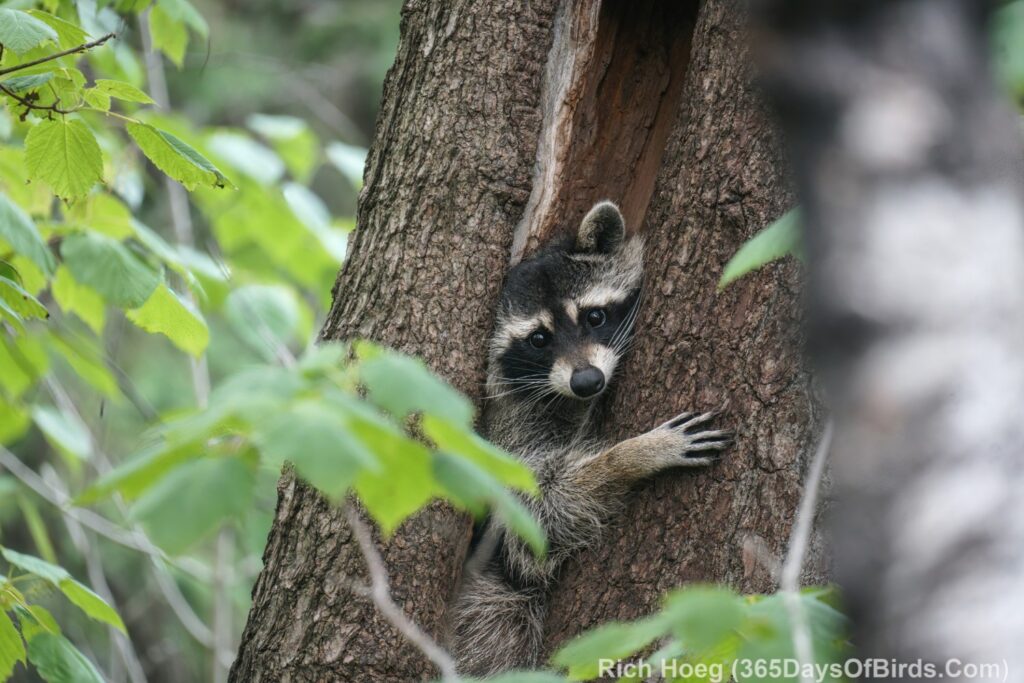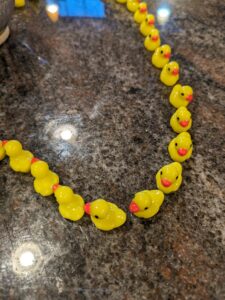Some quick birding updates …
- The large pine blocking USFS Road #813 (Greenwood Creek Bird Feeders) has been cleared … a combination of my efforts and the forest service
- The trailcam at the Greenwood Creek Bog photographed some timber wolves. I have again slightly shifted the camera’s location as I better learn the preferred game trails.
- The Lester / Amity Owl family is doing fine. A few mornings ago I found all four owls, even Poppa (he tends to be harder to find). Some recent pics of the owl family included below.
- I took photos of the Lakewood Elementary School Wetlands. They are posted below, and will also be added to the post describing that birding location. See my Northeastern Minnesota Birding Locations web page.
- The Grassland Birds are busy trying to find mates. This is a good birding excursion, and the wildflowers are beginning to bloom (see images bellow of Bobolink and Killdeers recently seen at Sax-Zim)
- Believe it or not, the Red-Headed Woodpecker is still hanging out at the Park Point Recreation Area. Red focuses upon the flowering fruit trees just off the parking lot (next to road).
All images taken within the past seven days on various birding excursions …
Lakewood Elementary School Wetlands
Standing in the middle of the bridge … pics show both directions
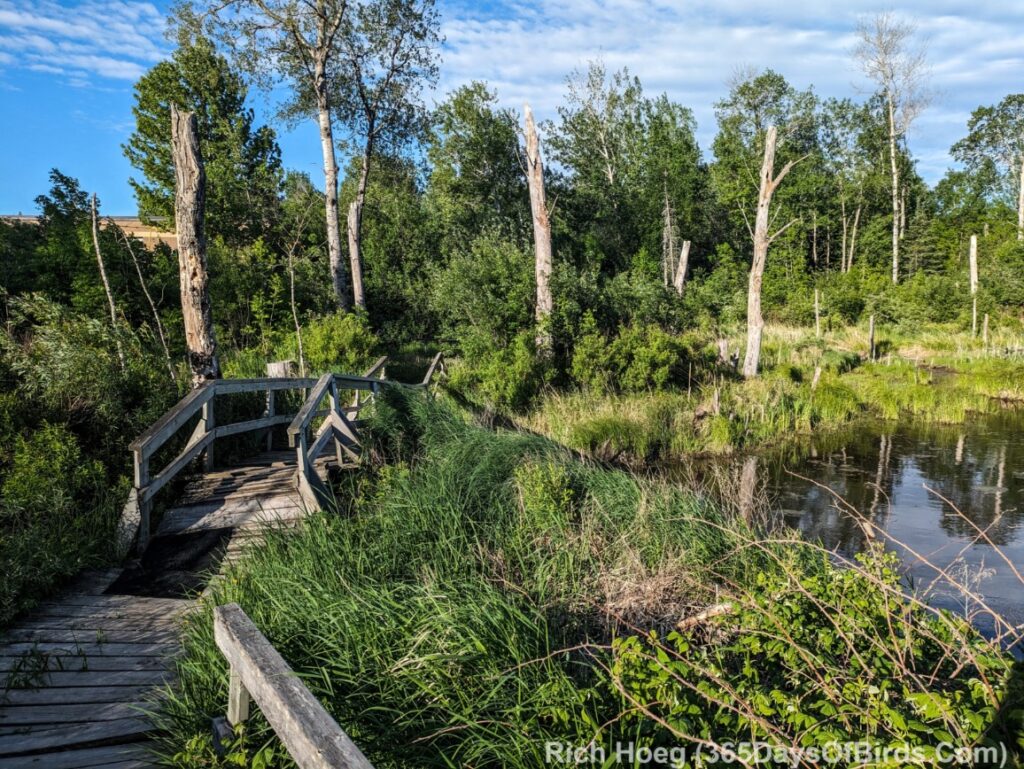
Grassland Birds of Sax-Zim (Bobolinks and Killdeer)
Note: I obviously stumbled upon / got near a nest (broken wing display)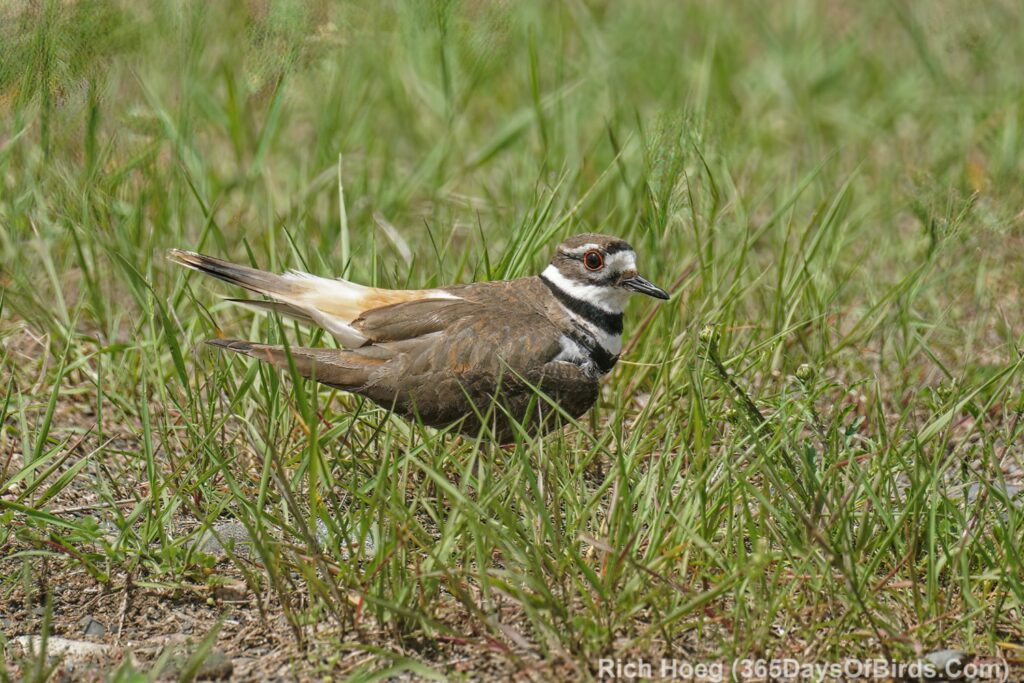
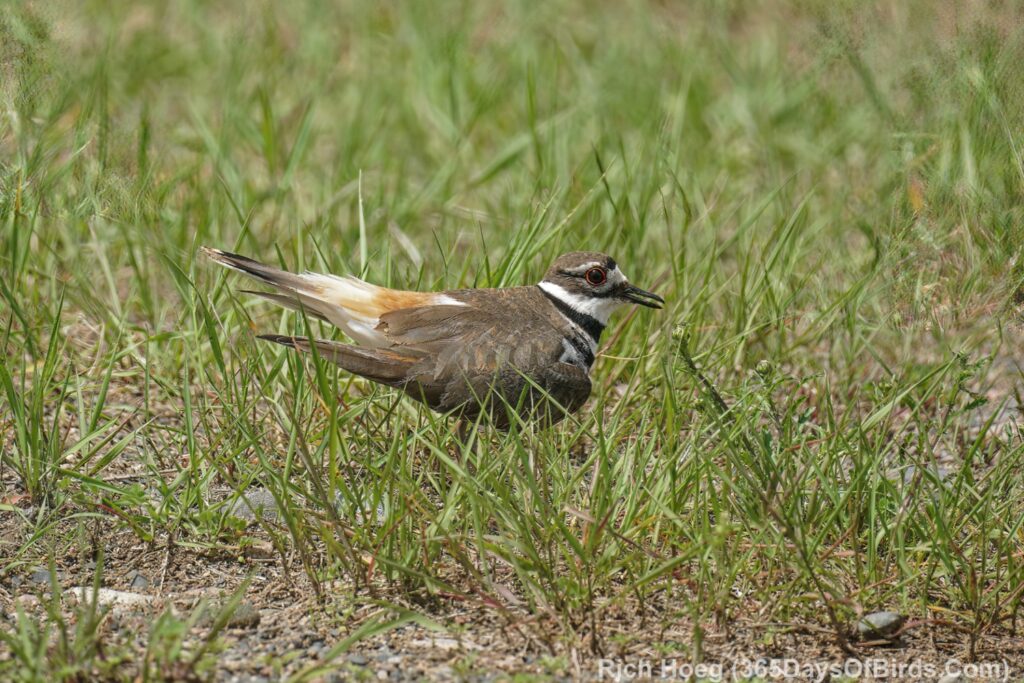
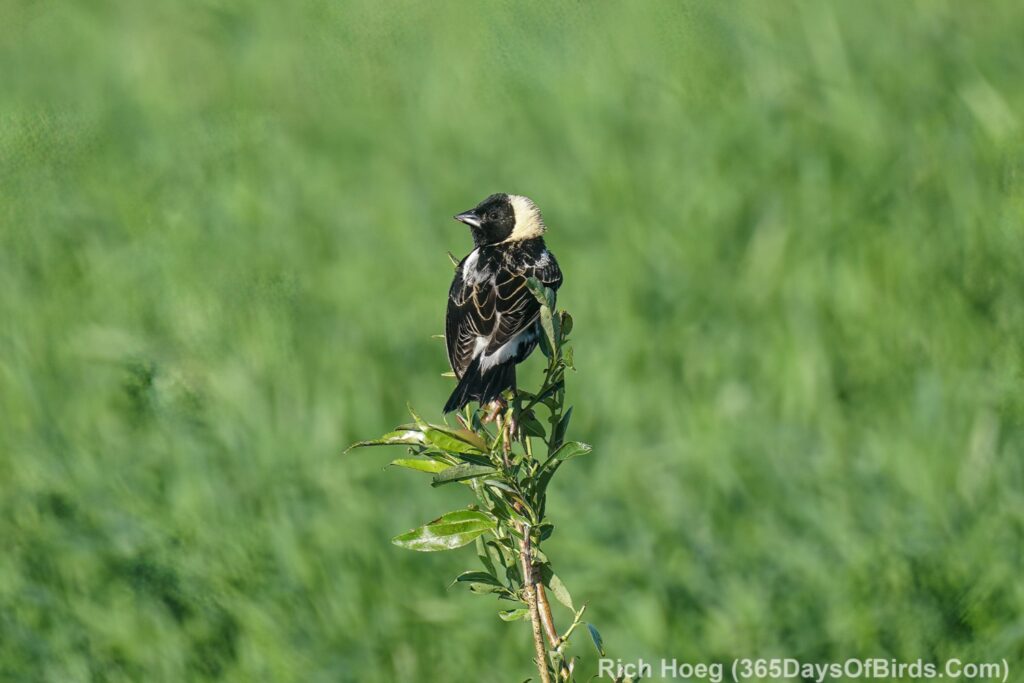

Red!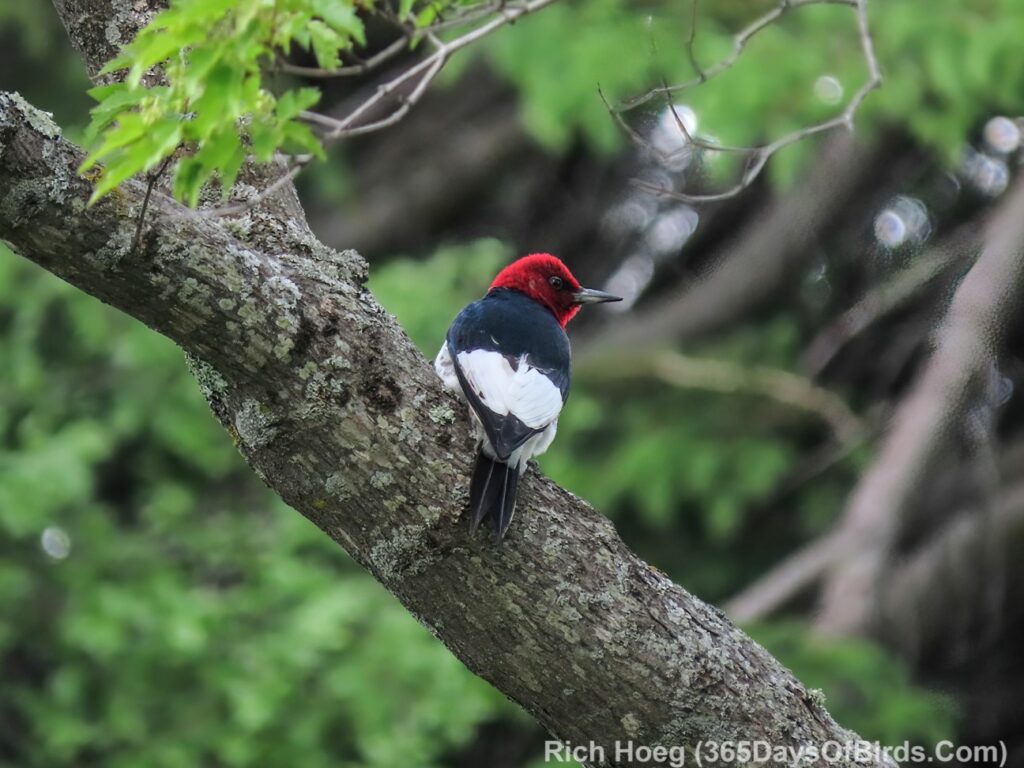

The Lester / Amity Owls (Momma and Owlets)
Day 65: (Momma winks, Owlet learning to hunt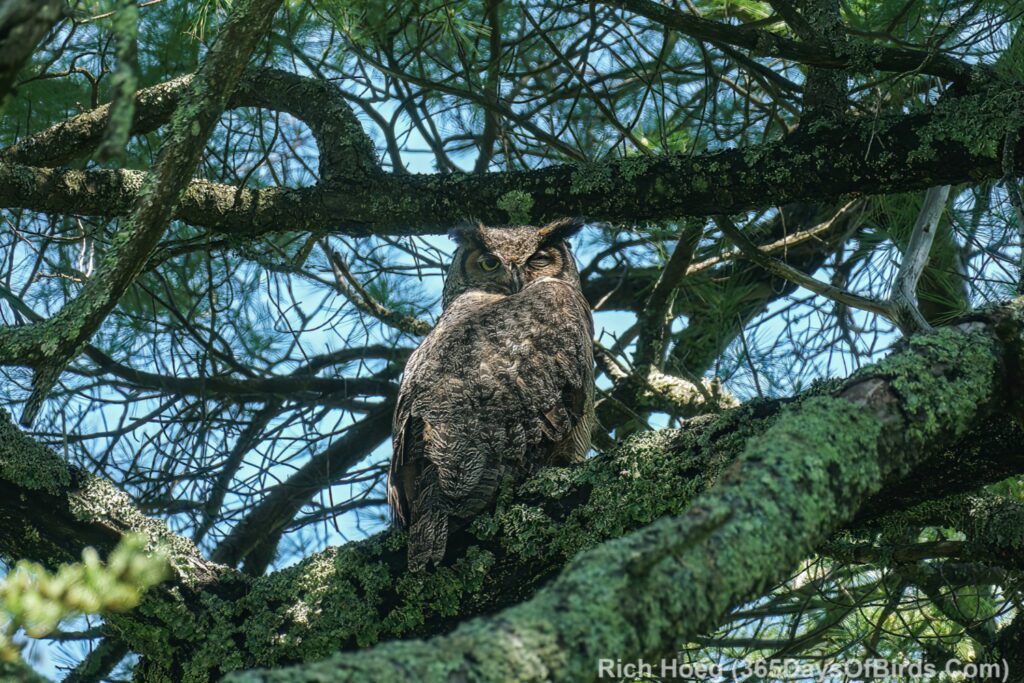

Day 67: Poppa pulls the crows away
Day 69: Owlet being harassed by Robins
Day 70: Various events!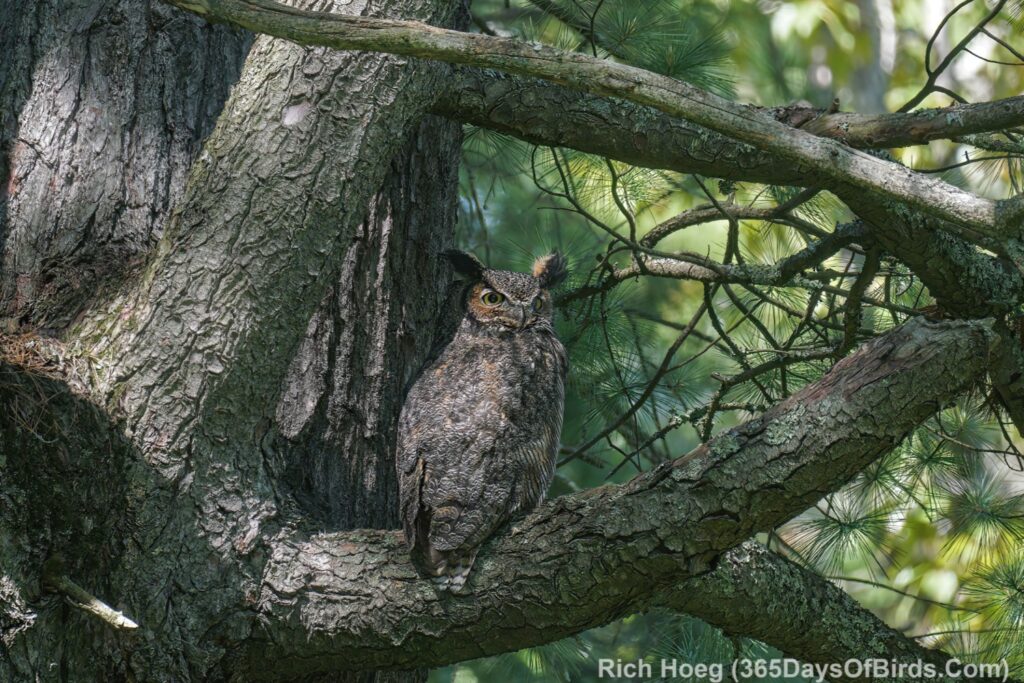
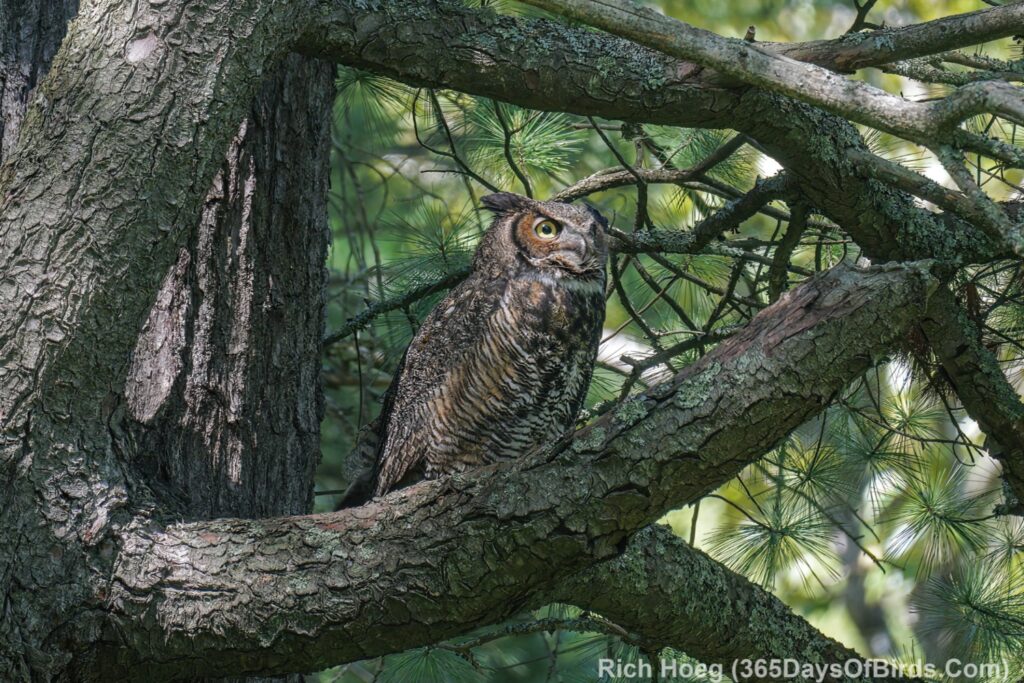

Day 71: Momma taking a break in the afternoon